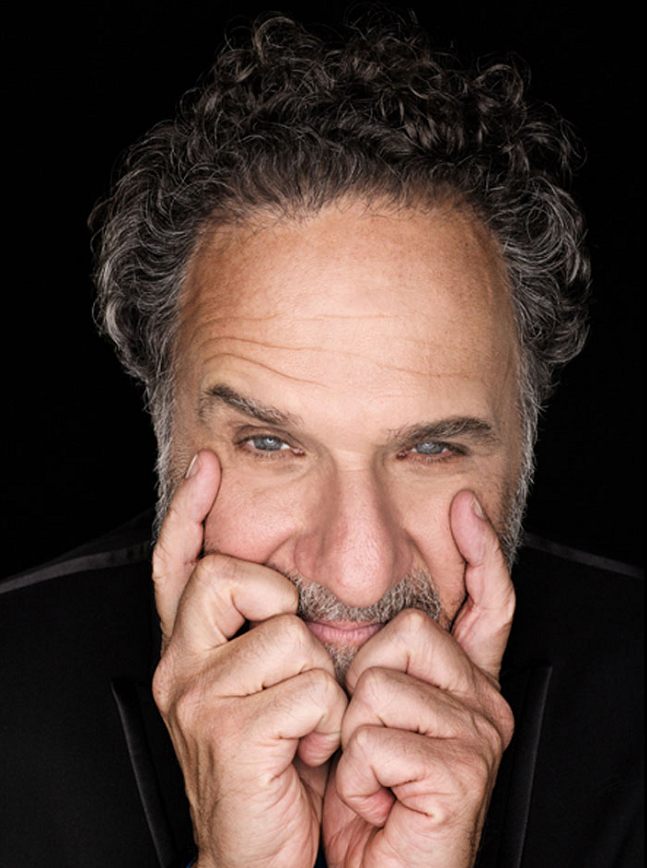
The audience of the Chautauqua Symphony Orchestra tends to form long-lasting loyalties to certain soloists, according to Music Director Rossen Milanov. Popular faces at Chautauqua Institution include Alexander Gavrylyuk and Augustin Hadelich — and perhaps in coming years, clarinetist David Krakauer.
“David is incredible. He has the potential to be a returning favorite at Chautauqua in the way that (Gavrylyuk and Hadelich) are,” Milanov said.
Krakauer will join Milanov and the CSO at 8:15 p.m. on Tuesday, July 10, in the Amphitheater for “An Evening of Klezmer.” It will also be an evening of mutual admiration: Krakauer feels as strongly about Milanov as Milanov feels about him.
“He’s an astonishingly amazing conductor. I just love working with him,” Krakauer said. “His version of the Liszt Hungarian Rhapsody — he just does so many delicious things with the rubato and the timing. It’s really incredible.”
Liszt’s Hungarian Rhapsody No. 2, which will close the program, and Johann Strauss II’s Csárdás, which will open it, are the only two pieces that will feature the orchestra without Krakauer. The pieces are suited to the klezmer theme in that both are orchestral settings of traditional Hungarian folk dances that were popular among Eastern European Jews.
Krakauer will join the orchestra for four pieces. Two are recently composed works that incorporate the klezmer tradition, and two are traditional klezmer tunes that he has arranged for orchestra and solo clarinet.
Krakauer’s involvement with klezmer didn’t start immediately in his musical career. He grew up studying classical and jazz music, and throughout his 20s performed as a freelance clarinetist with prestigious groups like the Aspen Wind Quintet and the Marlboro Music Festival.
Then, in the early ’80s, amid the fall of the Soviet Union and the opening up of Eastern Europe, Krakauer began playing klezmer as a way to explore his own cultural heritage.
“I’ve taken a big Jewish journey,” Krakauer said. “I call it a Jewish journey because I happen to be Jewish, and I was learning a lot about my own cultural heritage, things that were sort of buried under the blanket of assimilation. Learning about myself, my culture and my family — and just meeting people and visiting places — it’s been really amazing.”
Krakauer began his involvement with klezmer while living in New York City, where he joined the group The Klezmatics and began what would become a long-term collaborative relationship with avant-garde jazz composer John Zorn.
While with The Klezmatics, Krakauer recorded two albums — Rhythm + Jews and Jews with Horns — and toured Europe, playing for audiences more than aware of the historical context surrounding Judaism in 20th-century Europe.
“From the minute I began to play klezmer music in Europe, (it’s) been seen as a statement about multiculturalism and about openness,” Krakauer said. “I feel really proud that this music represents something about tolerance and about social justice.”




